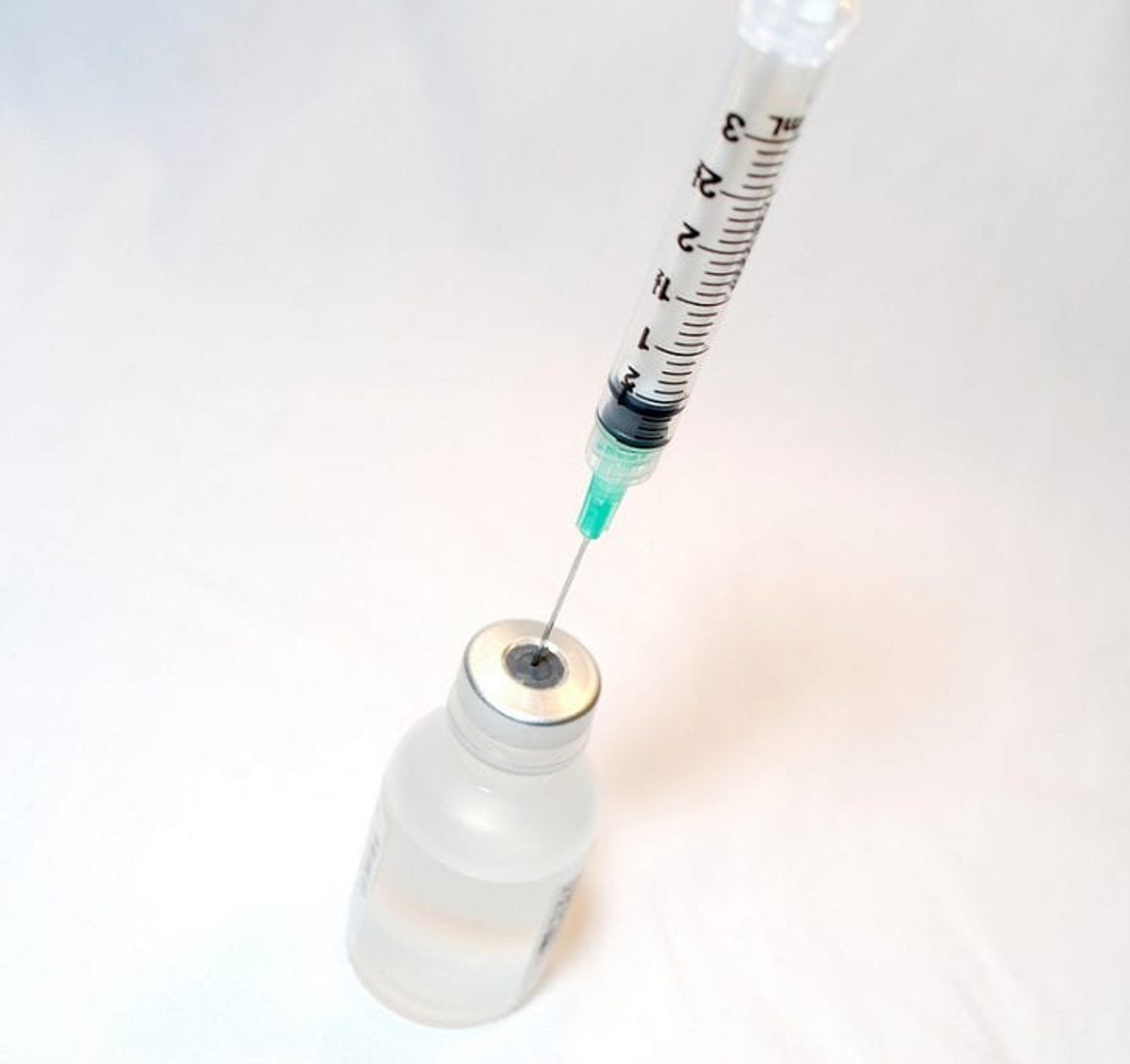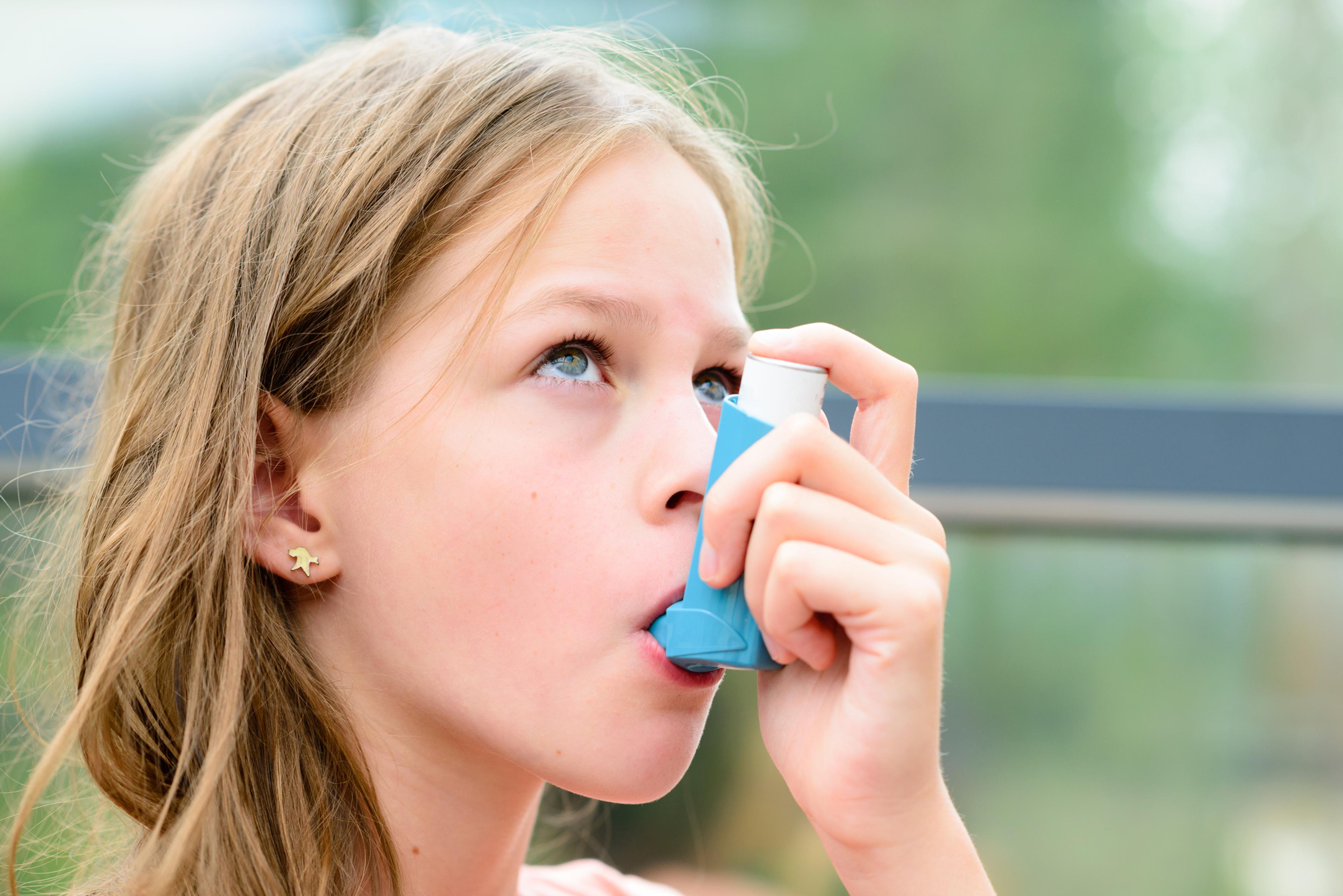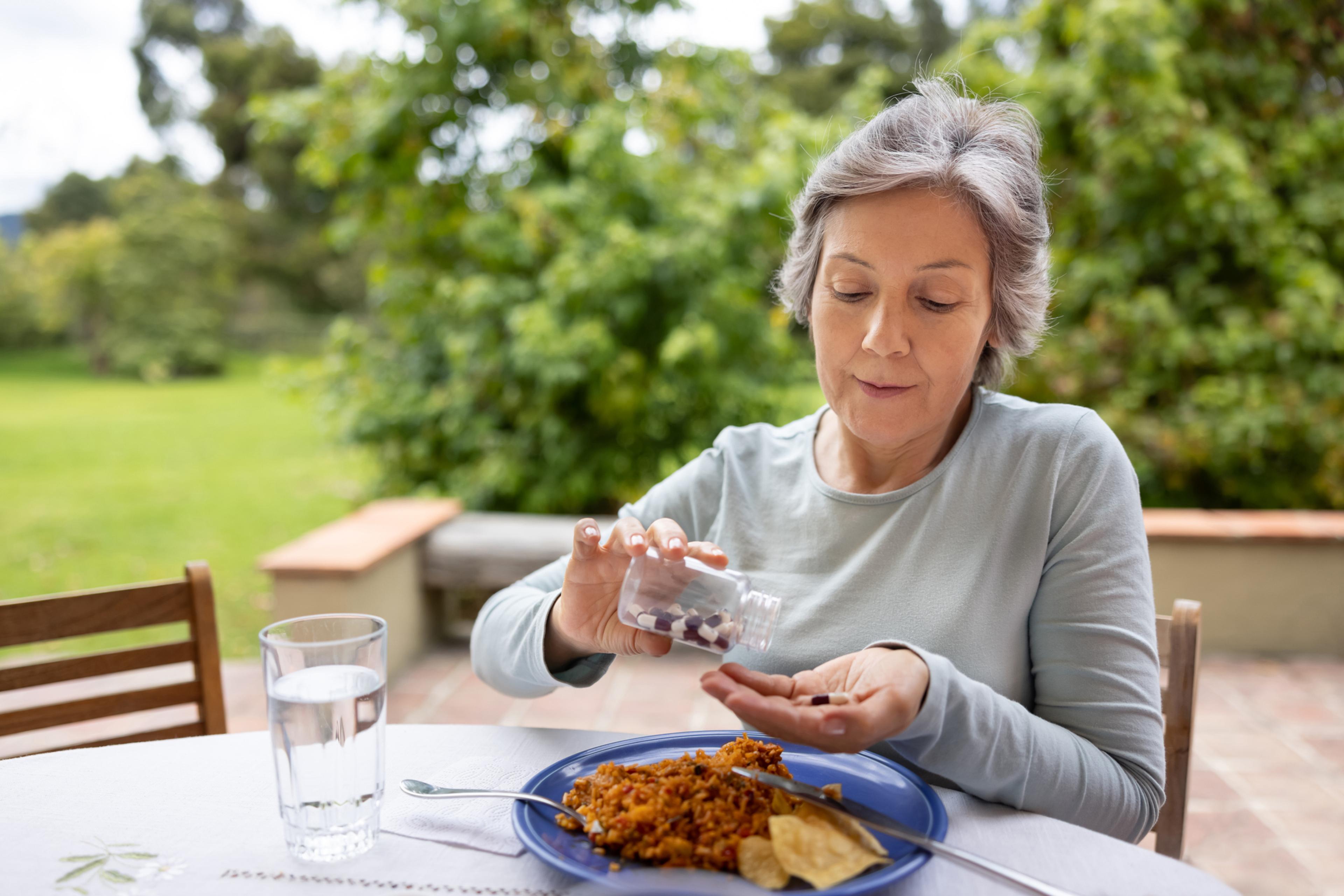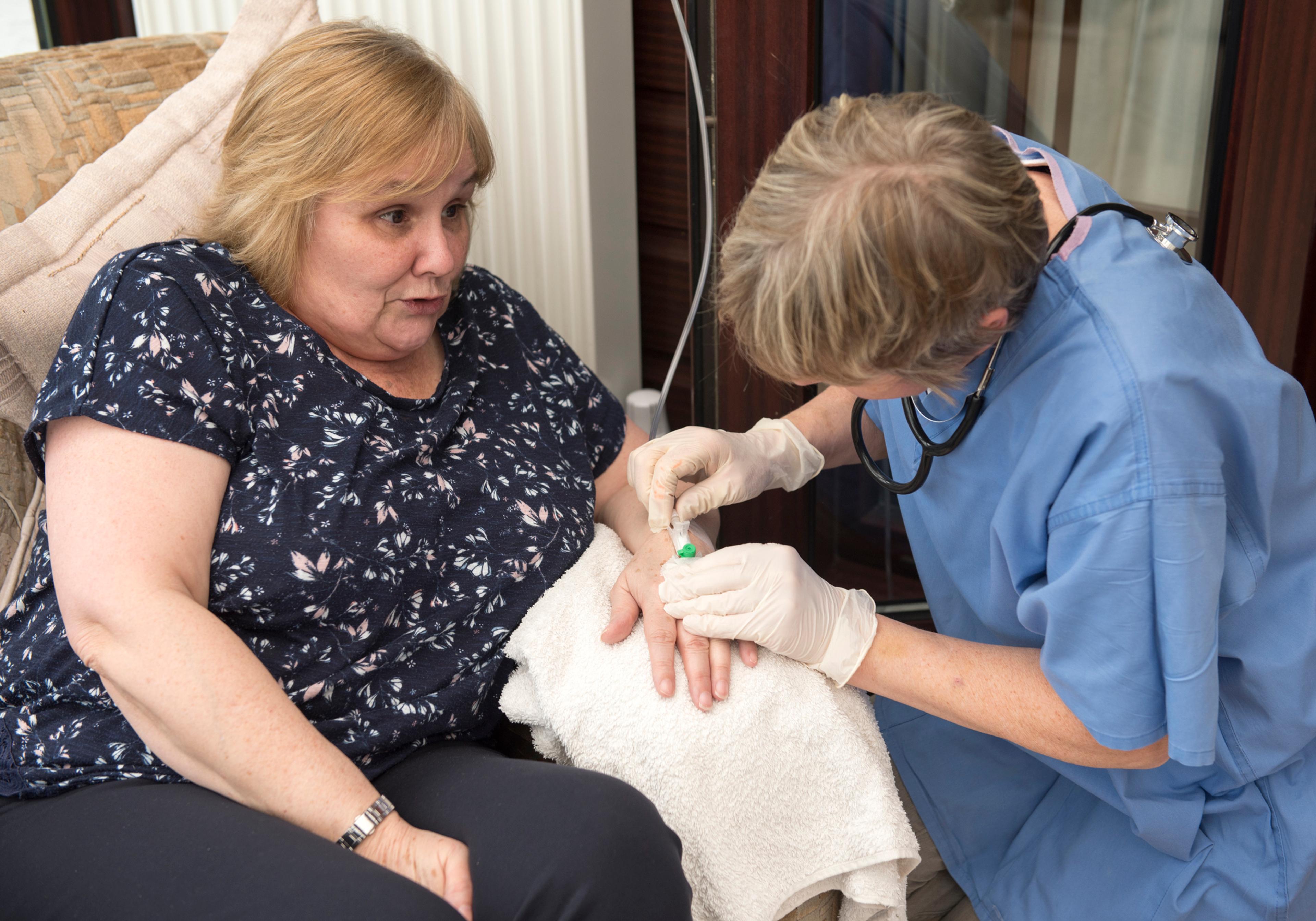How Do Vaccines Actually Work? A Pharmacist Explains
Alexandra Lin
| 2 min read
Manager - Pharmacy Clinical Programs & Customer Support at Blue Cross Blue Shield of Michigan

The first vaccination was given way back in 1796. The goal: To fight smallpox and cowpox in a small farm town. Since then, vaccines have come a long way. You can now receive more than 20 different vaccines to combat various diseases, whether it’s something as common as chickenpox or a more exotic disease you could catch while traveling abroad. But if you don’t know how vaccines work, it's easy to become confused or concerned about the safety of vaccines. To help ease those concerns, read on about the science behind vaccines. What is a vaccine? A vaccine is a product that produces immunity from a disease. It can be administered through needle injections, by mouth or with an aerosol like a nasal spray. A vaccination is the actual act of receiving a vaccine. Children often receive vaccines to get protected against diseases, like polio; measles, mumps, rubella (MMR); diphtheria, tetanus, pertussis (DTP or DTaP); hepatitis B and chicken pox. Adults are encouraged to receive vaccines for influenza and human papillomavirus, or HPV, as well as tetanus, diphtheria, and acellular pertussis (Tc/Tdap), measles, mumps and rubella (MMR) and chickenpox (varicella) if they did not receive those as a child. Older adults (people over the age of 60) are recommended to receive additional vaccinations for herpes zoster, or shingles (HZV) and pneumococcus (PCV13 or PPSV23). So how do vaccines work? A vaccine is designed as a “pathogen-imposter,” meaning your body believes it is a bacteria or virus. But because the vaccine is a dead or weakened version of the disease, it won’t make you sick. Once a vaccine enters the body, the immune system jumps into action and attacks it. On top of that, the body creates antibodies to fight that specific disease, so if it's encountered again, there's an instant defense system in place. In other words, the vaccination process allows the immune system to practice fighting diseases with a weakened version of the pathogen in order to quickly and powerfully fight stronger versions you might be exposed to in the future. Want to learn more about how vaccines can protect you and your family against common diseases? Check out these blogs:
- What Every Parent Needs to Know About Vaccines
- Midwest Measles Outbreak: How to Protect Yourself and Your Family
- Protecting Your Employees from the Flu is good for Business
Photo credit: NIAID





